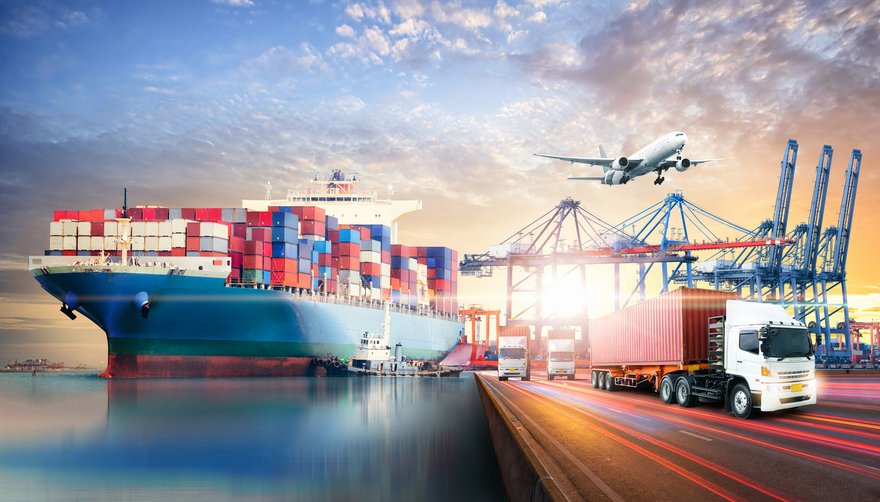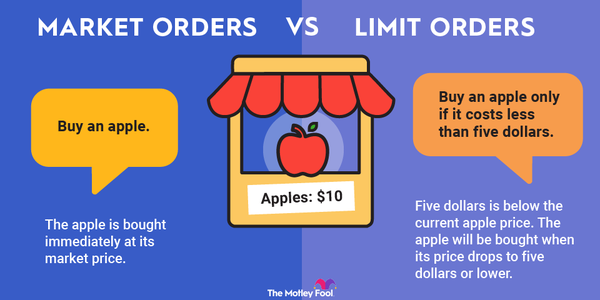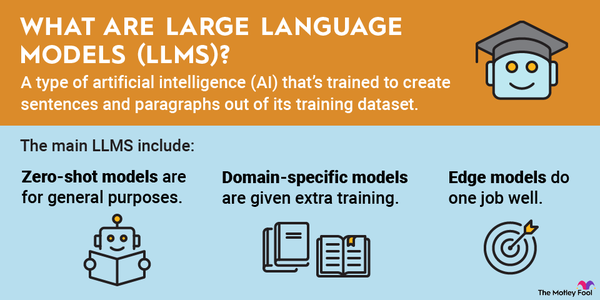Business logistics refers to the activity of moving products in a supply chain. It encompasses transporting goods obtained from suppliers and transporting finished goods to consumers, wholesalers, and distributors. Although seemingly unglamorous, it's an essential part of a company's profitability and ability to execute, and it's been one of the hottest topics among investors in the last few years. Here's why and what you need to know.

Business logistics comes to the fore
Business logistics comes to the fore
Investors were reminded of the importance of business logistics by the impact of the COVID-19 pandemic and the lockdown measures imposed by governments. The shutting down of production plants, logistics centers, and transportation companies and the shift in consumer spending patterns created logistical nightmares for many companies.
Transportation costs soared, and product availability declined, creating significant problems for companies trying to catch up with backlogs. As a result, many companies resorted to purchasing inventory at high costs to be able to manufacture products and deliver customer orders. In addition, an overly complex supply chain broke down due to individual pieces not functioning.
Relatively more spending on e-commerce and consumer products associated with "stay at home" measures (consumer electronics, DIY equipment, home appliances, etc.) complicated matters, creating logistical challenges and opportunities.
Business logistics winners and losers
Business logistics winners and losers
As ever, there were winners and losers. An example of a big winner comes from UPS (UPS -1.16%). The company launched its transformation strategy in 2018, aiming to refocus the company on key end markets like small and medium-sized businesses (SMB) and healthcare.
Fast-forward to the pandemic, when SMBs and healthcare companies were forced to accelerate their deployment of e-commerce and alternative delivery options rapidly. It played into the hands of UPS perfectly, and the company hit its 2023 revenue, margin, and profit targets a year early.
On the other hand, it was a disastrous year for wind-power equipment manufacturers. It's a business that relies extensively on business logistics -- moving, assembling, and then installing massive wind turbines is a challenging task at the best of times. Unfortunately, soaring raw material and logistics costs ate into profit margins at the leading players like Siemens Gamesa, Vestas, and General Electric's (GE 0.87%) renewable energy business. As a result, they all lost money in 2022 – GE Renewable Energy lost a whopping $2.2 billion, and it won't return to profitability before 2024 at the earliest.
The two examples highlight the critical importance of business logistics to a company's business model. It's not something that needs to be worked out as an afterthought but an essential and intrinsic part of a company's business model.
There's no point in designing a wonderful product if you can't cost-effectively obtain the components to manufacture it. Similarly, it makes no sense to manufacture a market-leading product if you can't profitably deliver it to consumers, wholesalers, or retailers.
Technology in business logistics
Technology in business logistics
The logistics problems created by the pandemic have heightened the need to invest in business logistics, and there are opportunities available for solution providers. For example, Amazon (AMZN 1.62%) and others have invested heavily in automating warehouses to improve logistics -- Honeywell (HON 0.54%), Rockwell Automation (ROK 1.26%), and Cognex (CGNX -0.98%) are all leading players in logistics automation.
Meanwhile, workflow technology company Trimble's (TRMB 1.21%) transportation solutions monitor transportation fleets in real-time, creating actionable insights to help improve the supply chain's productivity. Trimble's solutions help customers manage their logistics operations, track their shipments, and optimize routes by creating actionable insights from a mass of digital data gathered from its connected devices.
Related investing topics
The future of the industry
The use of technology and increased emphasis on business logistics due to the pandemic means investment in the industry. As a result, companies are looking to reduce supply chain complexity while increasing investment in solutions that aid productivity and reduce waste and spillage, as well as ensuring customers are satisfied.



















































